Moving to an off-grid property and starting an adventure of your own, that’s one of the most exciting things in life (I’ve been there)!
If you thought moving off-grid would make your life simpler though… think again. You might be incredibly busy now, but off-grid living requires a whole different kind of busy! There’s always another project, an issue with a system, a problem on the land… and then you’re miles away from anywhere.
When you start a new life off-grid, you’ll most likely be tied up there – building up, making sure everything works and keeps working. Now is the time to prepare for your new lifestyle – before moving off the grid and starting to DO all the things.
We decided to move off-grid about four-and-a-half years ago and moved to Spain about two-and-a-half-years ago now. This means we had two years to prepare. In some ways that was too much (in hindsight, we might have moved here earlier), but in many ways, that didn’t give us nearly enough time for all the preparations.
If you’re thinking of or preparing for a new life off-grid, here are a few things you might want to do while you still have easy access to them…
1. Take A Course (Or Two, Or Ten) And Build Your Skills
You can never learn too much before making your big move to an off-grid property.
I took a Permaculture Design Course while I was still working full-time in the city; in hindsight, I might have done even more. As long as you’re still living a fairly standard life, it’s usually not a problem to enrol for a workshop or course.
Think long and hard about what you’d like to do once you live off-grid… and learn it while it’s still convenient. Milking goats, shearing alpacas, maintaining your own car or tractor, pruning fruit trees… chances are there will be courses and workshops close to where you live. Once you’re off-grid, owning animals, and having to take care of your house and property, there won’t be as many chances to get away.
Looking for a PDC (Permaculture Design Certificate course)? You might find one on the Permaculture UK website – click here.
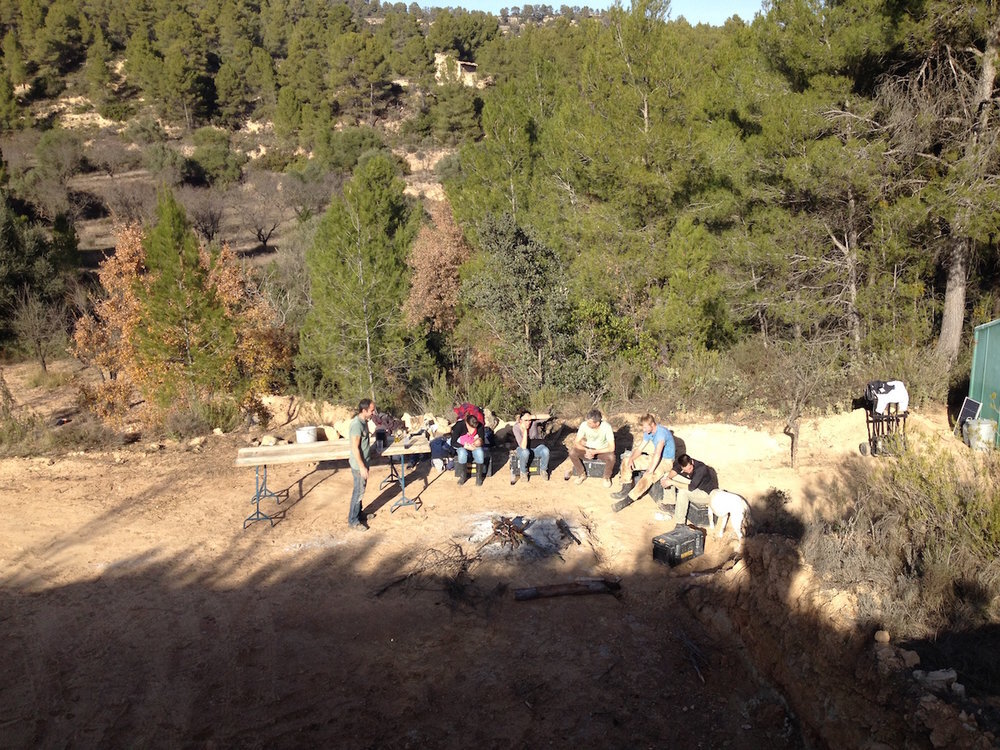
2. Connect With Fellow Off-Grid Adventurers
You can never visit too many projects, never get enough inspiration, never meet enough like-minded people before moving off the grid and starting a project of your own. Visiting established projects will not only inspire you, but also help you visualise your goal (a self-sufficient life, abundant gardens, a simpler life). Encountering people who are working on those projects can set you up with a support network – people to call when you need advice on anything to do with off-grid living, from technical stuff to where to find a house sitter if you need to go away for a few days. Some might even become your friends…
The Permies forum is an awesome place to connect with permaculture geeks from all over the globe. It also has tons of valuable information on permaculture, off-grid living and DIY projects of all kinds. Click here!
Facebook is also a great way to connect with off-grid peers. There are several groups where members talk about off-grid living. There’s a group called Living Off-Grid in Spain I started a long time ago (and it changed owners once it got too big to stay a relaxing hobby ;-)).
3. Save Seeds For More Self-Reliance
When you’re setting up a new project from scratch, chances are you’re going to start a vegetable garden so you won’t need to rely on shops so much (especially if those shops are not close to home).
You’ll want to go organic, so you can save your seeds and not have to purchase new seeds every year. Non-organic seeds often don’t breed true, which means that if you save seeds from the best tomato you ever ate, you might get a new plant with tomatoes that don’t taste very good… or even no tomatoes at all.
Buying seeds can be costly (especially if you need a lot of them), and some seeds are not always available. Thankfully, many people are happy to exchange seeds, or even give away their extras. Try collecting as many seeds as you can, so you can start sowing as soon as you get to your new property.
If you’re in this area (Aragon, Spain), you might want to follow the activities of the Red de Semillas de Aragon. If you’re not, maybe Seed Savers Exchange is for you.
If you’re buying seeds after all, I can wholeheartedly recommend both Real Seeds (UK) and Les Refardes (Catalunya).
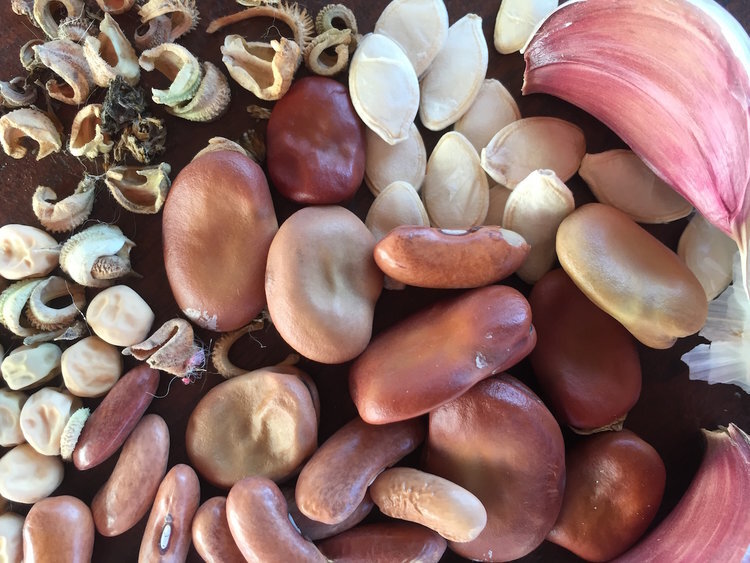
4. Get Rid Of Stuff
Packing to go and live off-grid is not quite like packing for a normal move. More than likely, your lifestyle will change completely – it did for us.
I had to part with most of my wardrobe when we moved here (I don’t wear as many high heels and formal clothes as when I lived and worked in the city).
We got rid of everything that used a lot of energy, and gave away part of our belongings as well.
It costs a lot of money (and time) to move furniture across long distances, so for some things we decided we’d rather buy them again in Spain.
I also went through all of our paperwork, made a digital scan of every single page I could find, and shredded everything I didn’t really need to keep the original of. This saved so much space (though we still have too many binders of paperwork we had to keep!).
5. Buy Stuff You’ll Need For An Off-Grid Lifestyle
After the “get rid of stuff” phase, comes the “buying stuff” phase… because you’re going to need certain things when you live off-grid.
You’ll need sturdy clothes that will last a lifetime (or that you can easily repair yourself). Working boots, maybe muck boots (depending on where you live), overalls or other clothing you can use for hard work on the land or on your house.
You might also want to invest in energy-saving appliances and machinery, while you still have the time (and the internet, and the easy delivery system) to shop around. Good quality tools for garden and DIY work are worth their weight in gold as well.
6. Research Permaculture, Homesteading And Off-Grid Living
In the few years before moving off the grid, we’d almost exclusively ask for books as presents.
We got books for our birthdays, books for our wedding, books as going-away gifts… I am proud to say we now own a nice collection of books about permaculture, gardening, growing your own food, homesteading and much more. Some books were awesome to learn from, others are still used regularly for their clear how-tos or helpful pictures.
The first year we spent here, the lack of internet allowed us to do so much more reading. Thankfully, we also downloaded information from the internet – ebooks from homesteaders, plans from off-grid websites and other general information that came in handy.
These are my three favourite permaculture/homesteading/gardening books:
- Gaia’s Garden by Toby Hemenway – this was my first permaculture book. It has clear drawings and schematics, and is a nice read.
- Sepp Holzer’s Permaculture (by Sepp Holzer). We got this for our wedding and it was a real eye-opener! Holzer’s climate is very different to ours, but there are still so many things in there we can implement on our land.
- Back to Basics (edited by Abigail Gehring). If the world were to (almost) end tomorrow and I could only take one book in the race for survival, this would be the one. It covers everything, from how to build a house to how to keep (and slaughter) chickens or can tomatoes.
7. Get Your Affairs In Order Before Moving Off the Grid
Off-grid living can be very cheap if that’s how you want it to be. However, if you’re transitioning to a completely off-grid lifestyle (not working away from home, aiming for self-reliance, growing your own food), you’re probably not going to make an awful lot of money either. So if you’ve got any debts, now is the time to clear them. Sell whatever you need to sell, work double shifts, make sure you can start your new life with a clean slate.
One last (but not least) thing to do before you move further away from civilisation is to get your paperwork up to date. Notary appointments, residency applications, a new passport or driver’s license – better to get them done now you still have a standard address to put on those papers, and while you can still travel easily to any bureaucratic stronghold you might need to show your face at.
Do you have any more tips to add to this list? Are you living off-grid, and did you prepare in other ways than the above? Or did you not take off yet, but would you definitely do other/more things with your time before moving off the grid? Please let me know in the comments below or on Facebook, I’d love to hear from you!


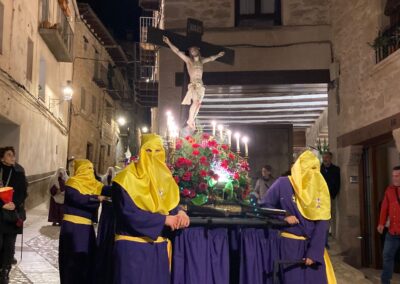
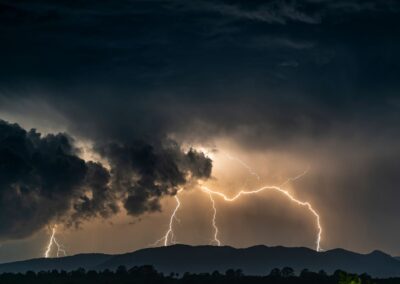
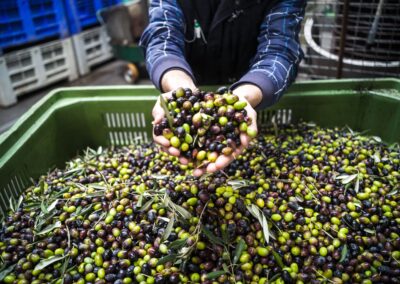
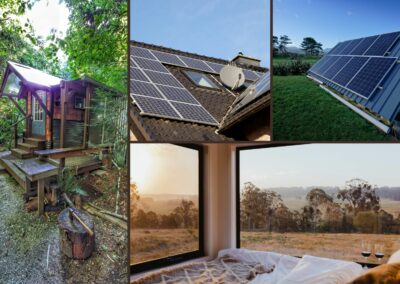
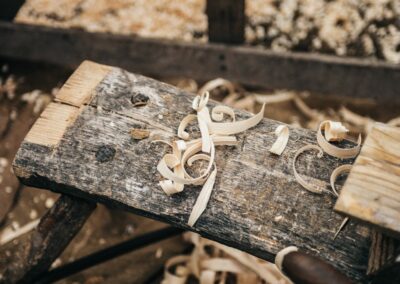
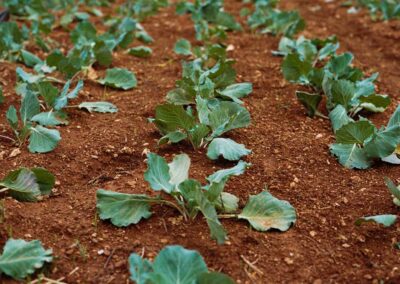
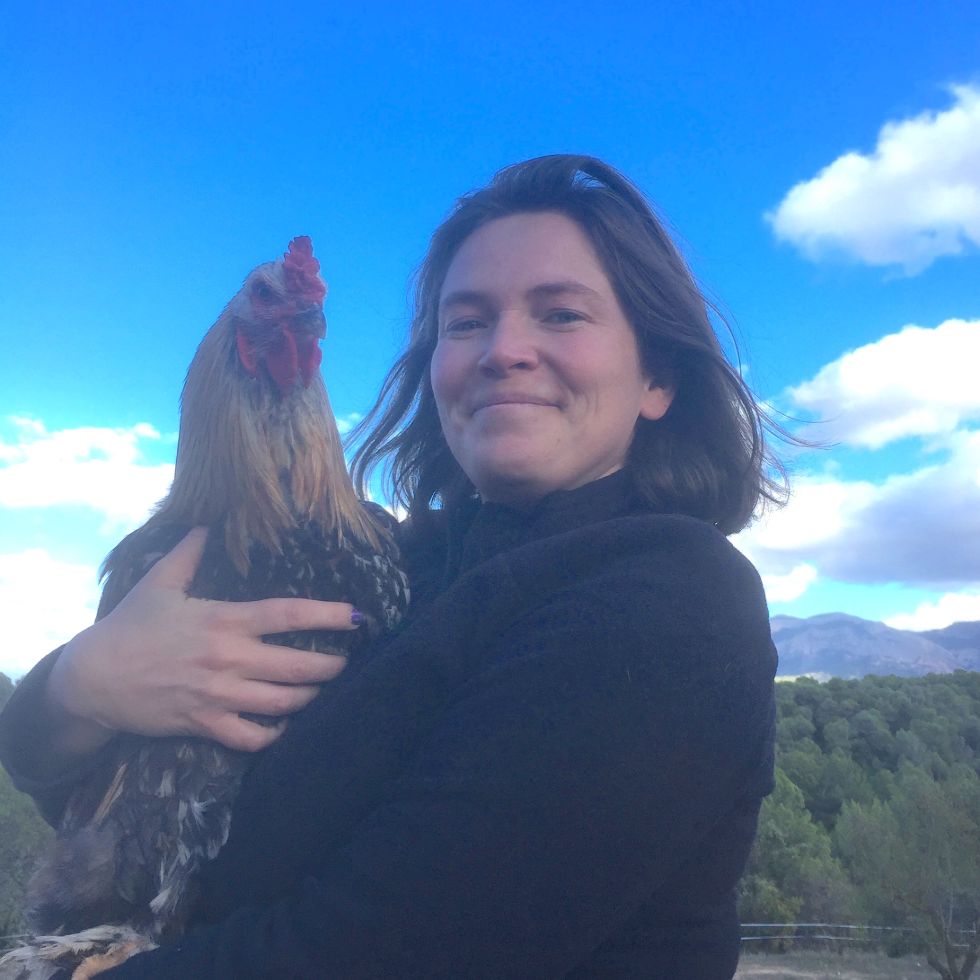
0 Comments